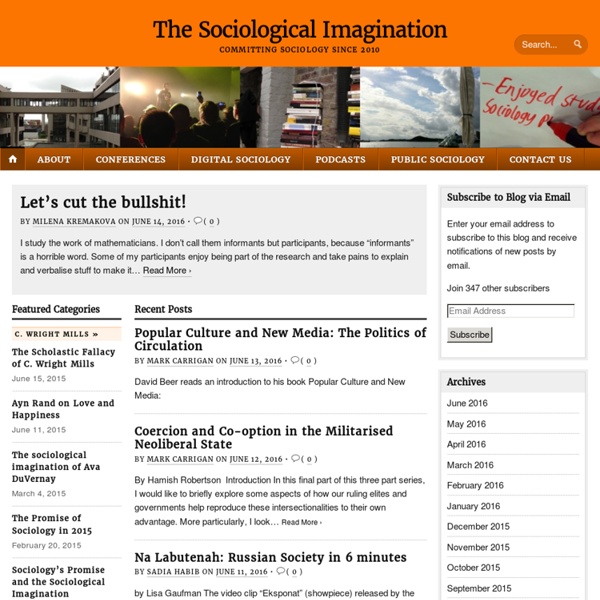La imaginación sociológica

Carlos Reynoso - Página principal
Ventana abierta Blog Darío Acevedo Historia y Política
Tags: castrochavismo, Venezuela, llave Maduro-Diosdado, Colombia Número de palabras: 987 La llave Maduro-Diosdado, cabezas visibles del proyecto dictatorial castro-chavista está haciendo trizas la democracia venezolana. El proceso expedito con el que se privó de la investidura de diputada a María Corina Machado, sin haberle brindado el derecho a defenderse y, con ratificación a velocidad supersónica por el Tribunal Supremo, es una señal sobre sus ominosas intenciones. En la misma dirección debemos interpretar la decisión de la Fiscalía venezolana de someter a juicio al líder opositor Leopoldo López y mantenerlo bajo arresto. Por ningún lado que se le mire, la situación de Machado y López es asimilable a lo que ha sucedido con Gustavo Petro en Colombia, caso este en que el procesado ha gozado de todas las garantías. El segundo problema es mirar qué tanto de fantasía y qué tanto de realidad hay en el asunto. El fracaso es más terco que la voluntad.
Clío y Mnemósine
Historiadores Histéricos
Related:
Related:



